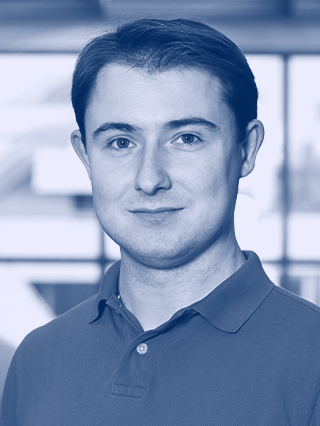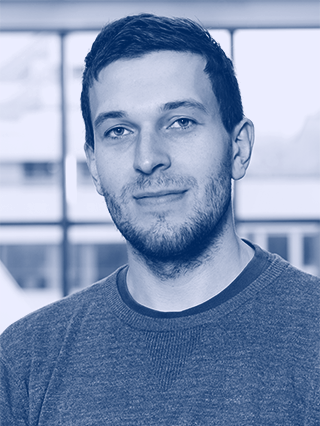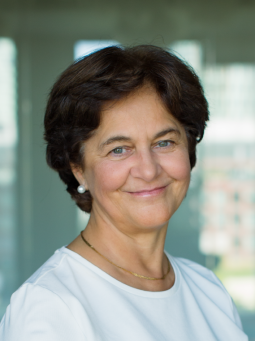What's
Marek and Matúš successfully defended their PhD theses
We are glad that Marek and Matúš successfully finished their PhD study and we have two more doctors in our team!

The thesis explores various ways of creating predictive models based on ensemble learning model. The result of the work is the prediction method based on its modification. Marek made a contribution in each of the three basic steps of ensemble learning approach (generation, pruning and integration). When integrating the models, he used a modification of the Dynamic Weighted Majority method, which introduces a new method of weighing with the application of gradual changes. An important part of the work is to examine the ability of various biologically inspired algorithms to increase the predictive ability of the learning model in situations where unpredictable changes (so-called concept drifts) occur in the data. The proposed prediction method has an improved ability to respond to these unexpected changes and achieves increased accuracy compared to commonly used methods. It should be noted that in the energy domain, in which Marek verified his method, even a small increase in the accuracy of the prediction means big savings. Thesis results have a wider use for solving complex prediction problems on time series in the presence of different types of concept drift.
Marek is a member of our Data Analytics for Green Energy team.

The work deals with the topic of transfer learning in the field of natural language processing. Transfer learning addresses the lack of available data for machine learning, especially when using neural network models. The main idea is to use the data available from other languages or other language processing tasks to train models where data is missing. For example, by transferring “knowledge” from the English model for sentiment analysis, we can create a model for detecting hate speech in Slovak. In his work, Matúš brought several findings to the field. As part of the explorative survey, he formalized cross-lingual learning and identified four main paradigms of transfer, i.e. mechanisms of how the transfer learning occurs. In his experiments, he discovered coupling models that have a regularizational effect on learning, helping to improve overall performance. The results of his dissertation have great potential in practice, especially for minor languages, such as Slovak, with not enough available language resources for machine learning.
Matúš is a member of our Natural Language Processing team.


